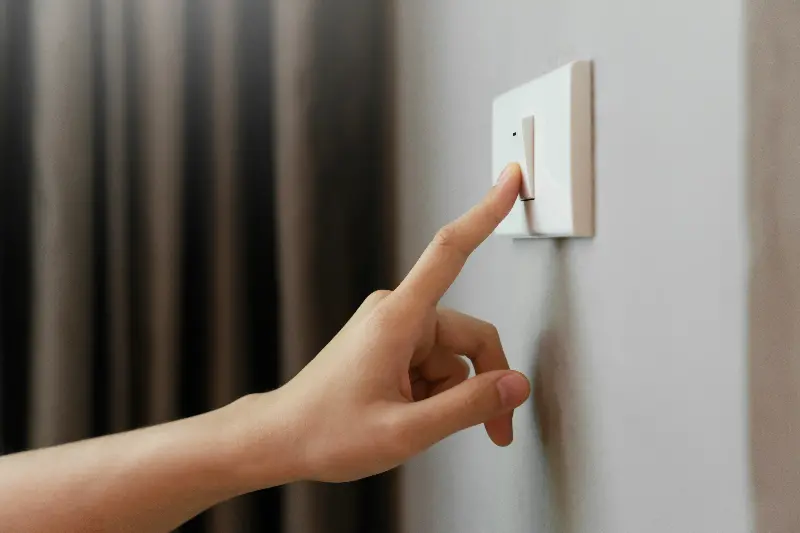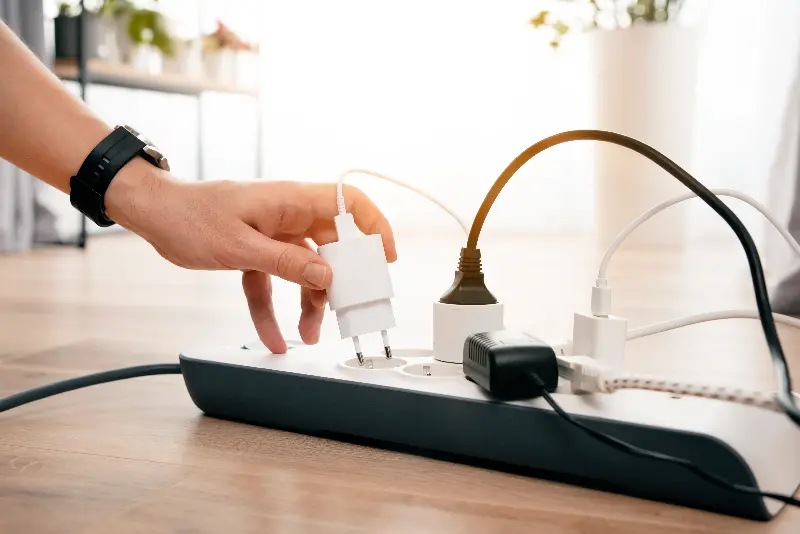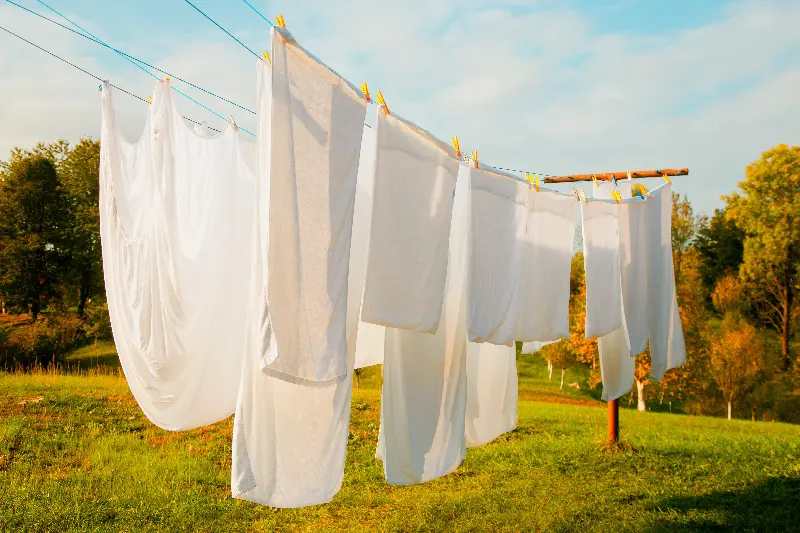With the rising cost of living, shaving even a little off your monthly expenses can feel like a significant victory. Electricity bills, in particular, can sneak up on your budget, especially with increasingly gadget-filled homes and unpredictable energy prices. The good news? You don’t need a dramatic overhaul or pricey upgrades to see savings. A few clever changes in how you use and manage energy can result in a noticeable dip in your next electricity bill. Let’s discover the most effective, easy tricks that can put some extra money back in your pocket—while also doing your bit for the environment.

Smart Habits For Daily Energy Use
Everyday habits can have a bigger impact on your electricity bill than you might think. For instance, simply switching off lights when you leave a room can cut unnecessary energy consumption. You could save £15 a year just by turning off lights you’re not using. Take this further by using natural daylight wherever possible.
Another handy habit? Unplugging devices when not in use. Chargers, TVs, and kitchen appliances often draw power even in standby mode—a phenomenon known as “phantom load” or “vampire power.” According to the Energy Saving Trust, UK households could save up to £65 a year simply by turning appliances off at the socket. It might sound minor, but over a year, this stealthy savings really adds up.
Timing is everything. Some electricity providers offer “time-of-use” tariffs, where energy is cheaper during off-peak hours. Consider running your washing machine, dishwasher, or tumble dryer in the evening or at night if your supplier supports these tariffs. Setting timers or using smart plugs can help automate this, making savings effortless.

Energy-Efficient Upgrades Without Breaking The Bank
You don’t need to refit your home with the latest tech to see real financial benefits—low-cost switches often pay for themselves within months. Start with lighting. If you haven’t already swapped to LED bulbs, now’s the time. LEDs use up to 90% less energy compared to traditional bulbs and last years longer, meaning less frequent replacements.
Draught-proofing is an unsung hero when it comes to saving energy. Simple additions like self-adhesive draught excluders for doors and windows, letterbox brushes, and chimney balloons can help keep the warm air in and the cold out. The Energy Saving Trust estimates that basic draught-proofing could knock between £45 and £70 off your annual heating bill in the UK.
Investing in radiator reflector panels helps bounce heat back into the room instead of letting it escape through walls. These are easy to install and pay for themselves quickly, especially in older homes with less insulation.

Kitchen And Laundry Cleverness
Kitchens and utility rooms are some of the biggest energy hogs in the home. When boiling water, try only to heat the amount you need—kettles can use a surprising amount of energy. Similarly, keep lids on saucepans to reduce cook times, saving energy in the process.
When it comes to laundry, washing clothes at 30°C instead of higher temperatures can save about 40% of the energy used per wash. Air drying clothes, whenever possible, takes pressure off the tumble dryer—a notorious energy guzzler. If you must use a tumble dryer, aim for full loads, and give clothes a fast spin in the washing machine first to remove excess moisture.
Your fridge and freezer work most efficiently when they’re full but not overcrowded. Regularly defrosting your freezer and checking door seals for leaks keeps them running optimally and lowers running costs.

Harnessing Technology For Smart Savings
Smart technology is not just a fad; it’s a budget-friendly route to long-term energy savings. Smart thermostats, for example, learn your routines and can automatically adjust heating when you’re away or asleep. Some smart plugs allow remote control of appliances, letting you turn off forgotten devices from your phone.
Consider using an energy monitor. Plug it into various devices to see which ones are using the most electricity in real time. Many people are shocked to discover that their underused electric towel rail or wine cooler consumes more energy than expected.
If you love a hot shower, fitting an efficient showerhead can cut hot water use without compromising comfort. Some models reduce water usage by as much as 40%, which means lower bills for both water and the energy used to heat it.
